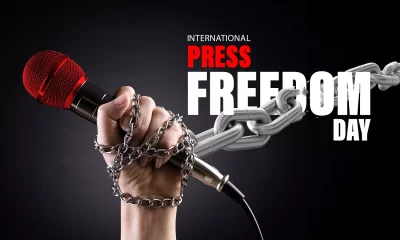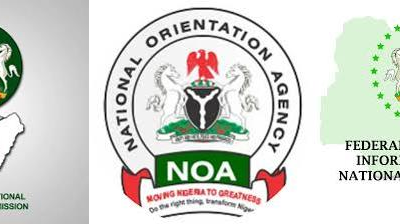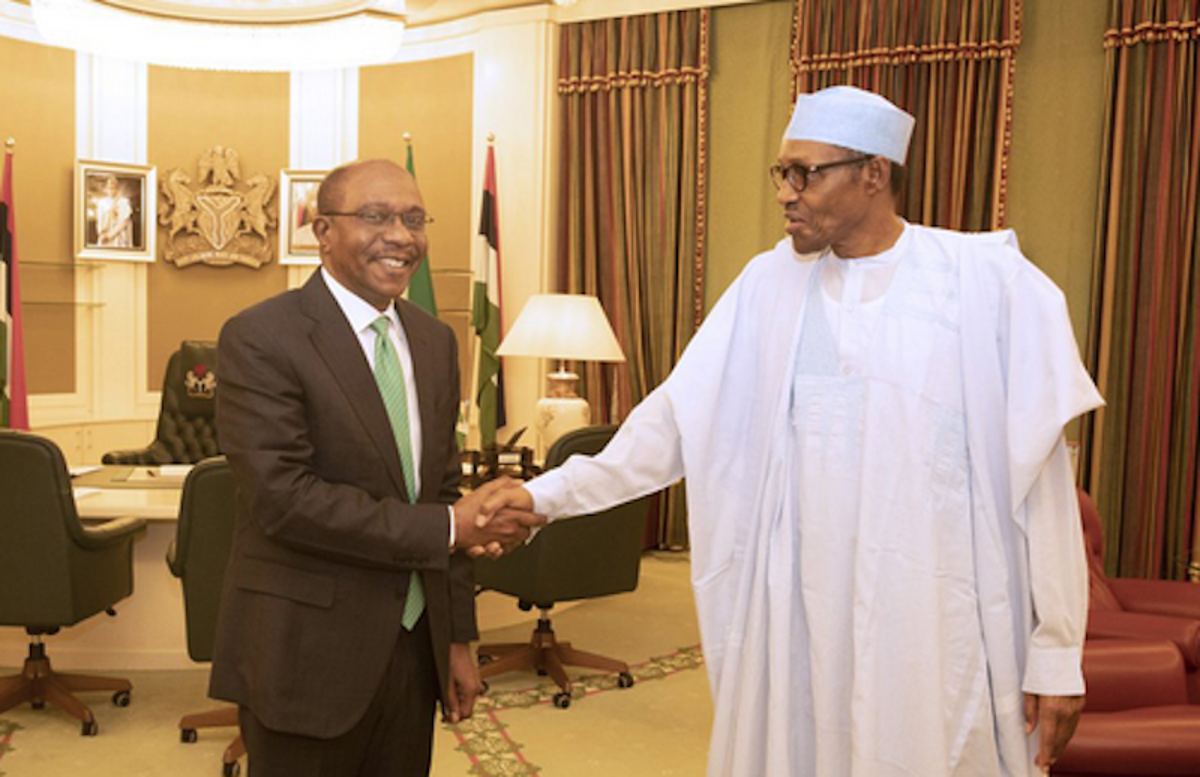President Muhammadu Buhari has insisted that the cashless policy and Naira swap by the Central Bank of Nigeria (CBN) has short and long term benefits for the country in dealing with insecurity and corruption, but agrees that the apex bank should take the recommendation of a parliamentary Committee to rectify identified problems.
The President was informed by the Governor of Central Bank Governor, Godwin Emefiele, that N200 currency notes taken out of circulation will be moved back.
President Buhari, after receiving briefing from members of the House of Representatives Ad-hoc Committee on cashless policy and Naira swap, at the State House, said that his speech last Thursday was comprehensive enough and was adequate as a response to the general outcry about the problems associated with the currency exchange.
He described the aim of the policy as “very good, security-wise” as seen from the lessening of kidnappings and associated corrupt practices. He again accused banks of being a problem.
The CBN Governor, as directed by the President, explained that the cashless policy was a global policy. “Nigeria must go cashless. It is a global policy, checking insecurity and fighting corruption,” Emefiele had said.
He added that senior officers at the CBN had all been sent out, complemented by “Super agents,” to take new currencies to unbanked rural populations, expressing optimism that the problems he described as “temporary, passing” will go away in no distant future.
He reported that he had met 15 top banks earlier in the day in an effort to resolve prevailing problems and will do so again later in the evening, assuring that “we are at the end of the problem.”
He also gave the promise that by the end of February, CBN will bring into circulation between N700-N800 billion, well in excess of what is needed to run the economy, stating emphatically that it is not possible to put back more than Three trillion Naira if the economy is to be healthy.
Emefiele gave a firm promise that the Bank will not be a problem with elections, and they will hold successfully as far as the Bank is concerned.
The leader of the Parliamentary delegation, Alhassan Ado Doguwa, the House Majority Leader and Chairman of the Ad-Hoc Committee, said the meeting with the President was necessitated by the need to bring him up to date on the “problems of implementation and unintended consequences” of the new cash policy.
In acknowledging the far-reaching quality of the President’s broadcast to the nation, the House Leader said the Legislature and the Government were on the same page in so far as the goals of the policy were concerned. He added, however, that more needed to be done to remove the “hardship and inconveniences” that have attended its implementation.

 Comments and Issues7 days ago
Comments and Issues7 days ago
 Education1 week ago
Education1 week ago
 Comments and Issues1 week ago
Comments and Issues1 week ago
 Energy1 week ago
Energy1 week ago
 Comments and Issues7 days ago
Comments and Issues7 days ago
 Comments and Issues6 days ago
Comments and Issues6 days ago
 Football1 week ago
Football1 week ago
 Health5 days ago
Health5 days ago

